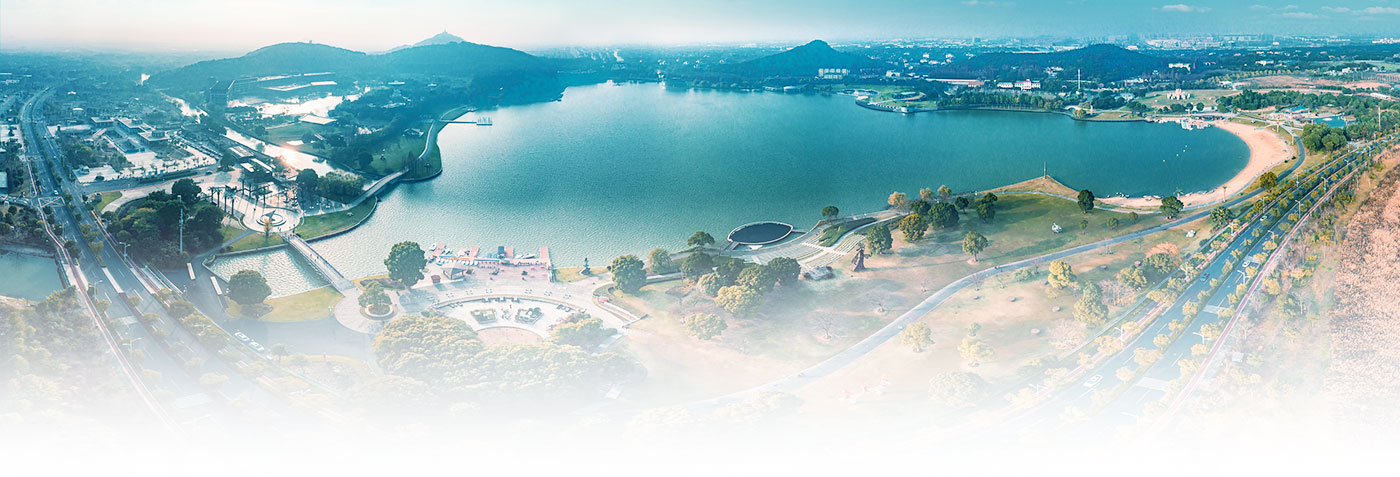 Explore Sheshan
Explore Sheshan In the past, on the second day of each second lunar month, people would hold a festival to offer sacrifice to the dragon in Hengshan Mountain.
In Hengshan Mountain, there was Baiyun Nunnery, enshrining Goddess Doumu and Wanglaoye. In each lunar March, a three-day temple fair would be held. People living in the townships nearby would attend the fair.
In the Ming and Qing dynasties, at each Chongyang Festival on the ninth day of the ninth lunar month, thousands of people from the townships nearby would go to Tianma Mountain and Hengshan Mountain.
In the ancient times, Tianma Mountain was full of water and people mostly lived on fishing. In order to pray to the gods for a safe trip, whenever people went to the lake for fishing, they would go to Tianma Mountain to offer incense.
In August 1961, when the Shanghai Cultural Relic Management Committee and local cultural authority investigated the cultural relics in the area of Sheshan Mountain, they discovered a tomb built in the Han Dynasty (202 BC~ 220 AD) at the foot of a slope off East Sheshan Mountain.
The site is located at the southern foot of Zhongjia Mountain near Tianma Mountain. In 1960, when local farmers were digging mud, they found black-skinned pottery dou (stem bowl), clay grey pottery and other incomplete vessels, the pottery pieces with back-shaped pattern, mesh pattern and other impressed patterns, and incomplete stone vessels.
The site is in the south of Chenshan Mountain. In early 2009, when Chenshan National Botanical Garden was built, impressed potteries in the Zhou Dynasty (1046~256 BC) were collected on the site.